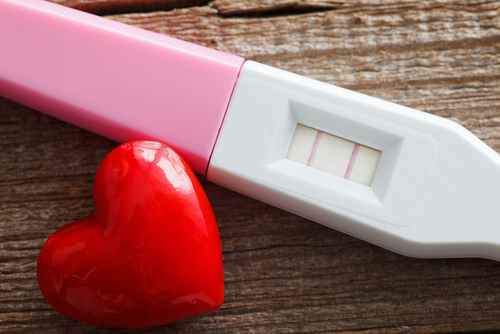NIH $150,000 Grant to Support Research into Preserving Fertility in Women Prior to Lung Transplant
Written by |

Sigrid Ladores, PhD, an associate professor at the University of Alabama at Birmingham School of Nursing, was awarded a $150,000 two-year grant by the National Institutes of Health (NIH) to support research focused on preserving fertility in women with cystic fibrosis (CF) who are likely candidates for a lung transplant.
More than 98% of men with cystic fibrosis are known to be born infertile. But fertility rates among women with this disease are less certain.
“My bigger umbrella research area is reproductive health in women with cystic fibrosis because it is largely understudied,” Ladores said in a university news story by Erica Techo.
“When we hear ‘cystic fibrosis,’ we hear lungs, we hear pulmonary function; there’s not a lot of focus on reproduction,” she added. “I want to know if and how CF providers talk to women about what needs to be done if they want to have children.”
Her project will focus on understanding how women whose lung function is declining and are starting the process of a transplant discuss fertility issues with their doctors or healthcare specialists. Necessary and long-term medications given transplant patients, like immunosuppressants, can affect the ability to have a child.
Interested in CF research? Check out our forums and join the conversation!
Ladores is planning to interview up to 190 CF patients, their partners, and healthcare providers to evaluate how much emphasis is given to female fertility. Once survey data is collected, she will select a smaller group of participants to participate in a qualitative interview on the same topic.
“This study aims to capture the perspective of the ‘Three P’s’ — patient, partner and provider — in the conversation around fertility preservation,” Ladores said. “A lot of work in reproductive or sexual health focuses on the patient, but it does not look at the partner’s perspective. Including the partner is one of the more innovative parts of this study because they are an important part of the fertility and reproductive conversation.”
Physicians aware of the need to inform these patients early about cryopreservation of eggs or embryos may give them a chance to take the necessary steps for biological children after a transplant.
Another goal, she said, is to use study information to come up with a list of clinical guidelines that inform discussion of fertility preservation among women with CF and their healthcare providers.
“These questions stemmed from women with CF,” Ladores said. “There is a lot of literature regarding fertility preservation in women undergoing chemotherapy, and it is considered routine care. Now, we want to translate that same standard of care into the CF world.”






